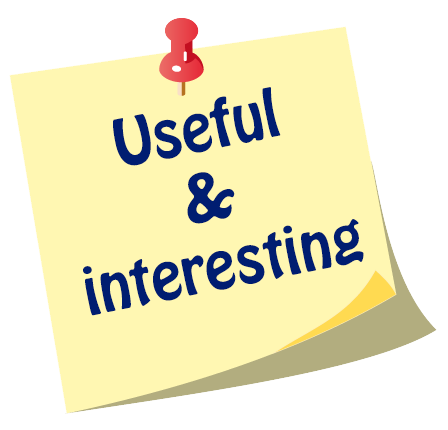
This project promotes open access materials and has been funded with support from the European Commission - Erasmus+ program. These materials reflect the views only of the author, and the Commission cannot be held responsible for any use which may be made of the information contained therein.
[Project Number: 2016-1-HR01-KA201-022159]
![]()
Title of Activity
One Entry Per Person
Description of educational activity
Duration: 90 minutes
Pupils’ age: 15-19
Organization of the class of pupils: individual work
The aim of the lesson: The aim of the lesson is to improve the reading literacy of the students. To improve their fantasy and imagination. Another goal is to improve the vocabulary. The students reflect on our world in contrast to the worlds of fantasy.
Support materials: The text of the story. The pictures.
Activities:
- The students are asked if they daydream and where. They are asked if and why they would like to enter a different world and how it would be possible.
- The students prepare a role-play showing an entry to another world. They should describe the settings and their feelings.
- The students read the story and identify the words they do not understand. They try to guess their meaning and think about the reason why just these words have been used.
- The students think about what has happened to the narrator.
- The students guess how long the narrator has spent in the other world and try to support their opinions finding some clues in the text.
- They think about how the world is characterized and try to come up with a name of this world.
- The students think about the structure of the story; why it has been used and what kind of effect it creates.
- The students think of other names for a different, magical world and how those names change the notion of the world.
- The students think of different names they could possibly get from the original inhabitants of those different, magical worlds after they have appeared there as visitors.
- They predict what would await them home after their arrival from the different world. They are supposed to make their own lists.
- The students look at the pictures provided and try to come up with as many adjectives, nouns, and verbs that describe the world in the best way.
Evaluation and assessment method:
- Throughout the lesson, ensure that your students are backing up their choices with accurate supporting details.
- Teacher's observations of student preparedness, student work samples, and participation.
- In order to provide the students with more time to think about the questions it is recommended to write down their ideas for the following discussions.
Effect of the activity on RSP reading:
Practices that support students´ fantasy and imagination and allow the students to feel free to join the discussions with any of their ideas.
Connection to curriculum
Grade: 1 – 4 grade of secondary studies
Curriculum: The study of literature is focused on reading and comprehending literary texts of historical and cultural importance and relevancy either in the world or Czech literature. Students are taught to work with texts and information in different ways, to adopt the processes of analysis, synthesis, induction, deduction, generalization, abstraction, specification, comparison, organization, selection. The students should be able to interpret, summarize and evaluate the texts.
Knowledge:
- Develop reading fluency
- Improve reading comprehension
- Organise information in a specific way
- Learn new vocabulary – synonyms, opposites, metaphors, comparisons
- Understand metaphors
Skills:
- Deduction
- Use illustrations
- Distinguish reality and fantasy
- Make predictions
- Compare and contrast
- Summarize
Competences:
- Make connections between fiction and real life or personal experience
- Be able to visualise material read
- Follow specific instructions and conventions
- Support and justify an opinion
- Distinguish social stereotypes
Bibliographic reference to be used during the activity
Tom Hadrava
Publisher: http://dailysciencefiction.com
Year of issue: 2016
Results
The expected outcomes of the lesson are:
- The students will develop their understanding of the world they are living in comparing it to their own fantasy worlds.
- They will be able to deduct some outcomes from the text read.
- Make connections, speculate, interpret, and raise questions in response to the text.
Recommendations
Both the teaching method and the text can help in increasing students’ interest in reading. This text describes the environment which everybody is familiar with in different, magical way encouraging the readers to look for poetic meanings in the every-day world around. The teacher makes sure the students work effectively, come up with their own ideas and join the discussions.
Contact
X gimnazija ''Ivan Supek''
Ul. Vjekoslava Klaića 7
10000
Zagreb
E-mail: partners@handbook4rspreaders.org










